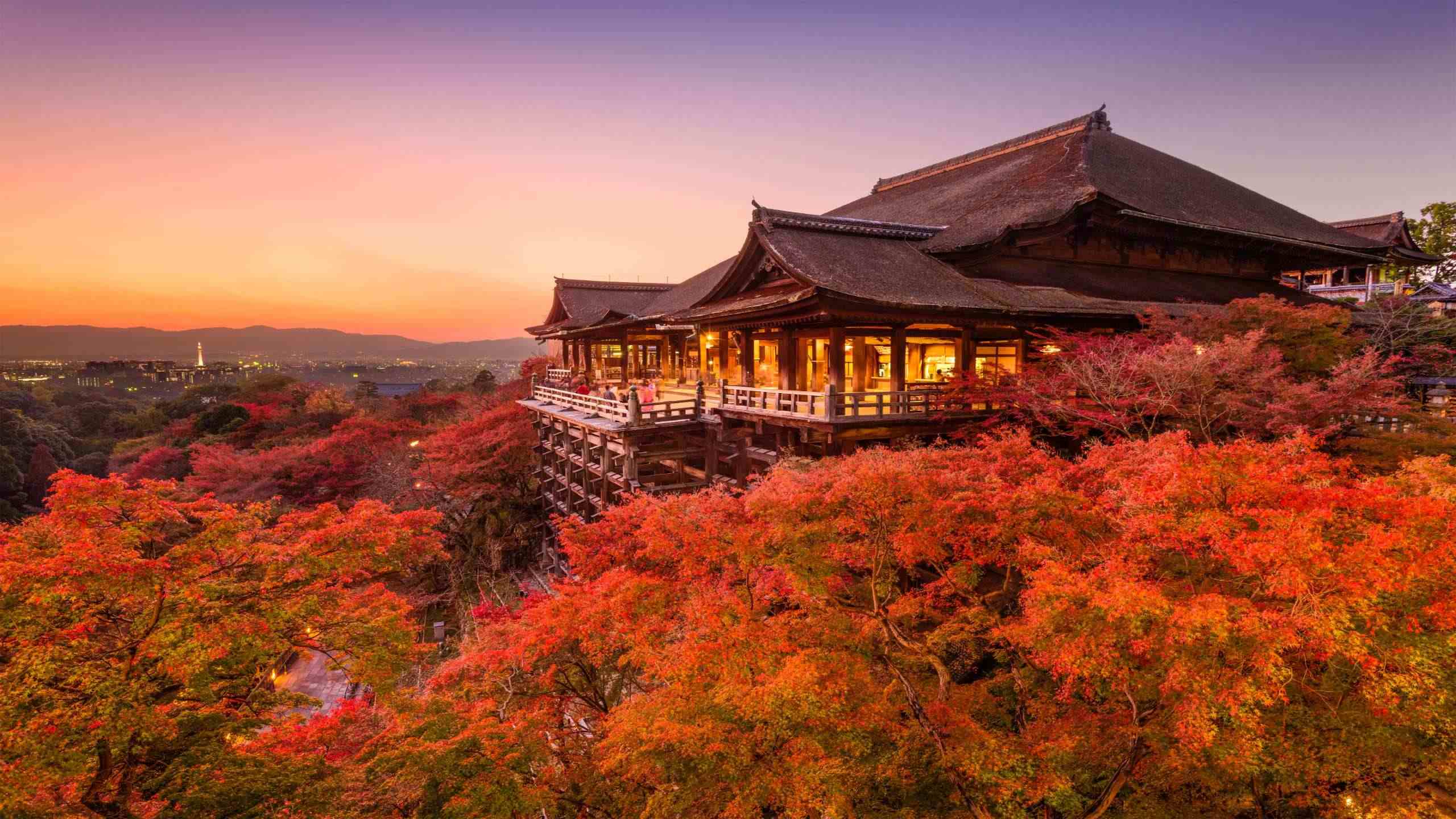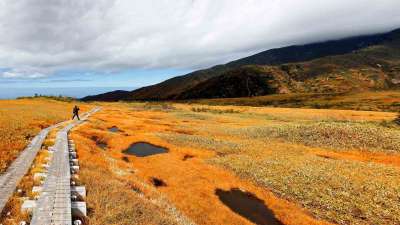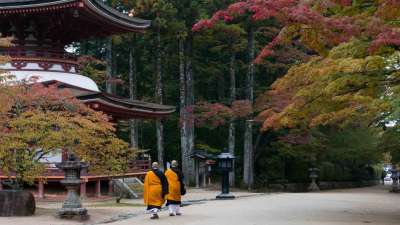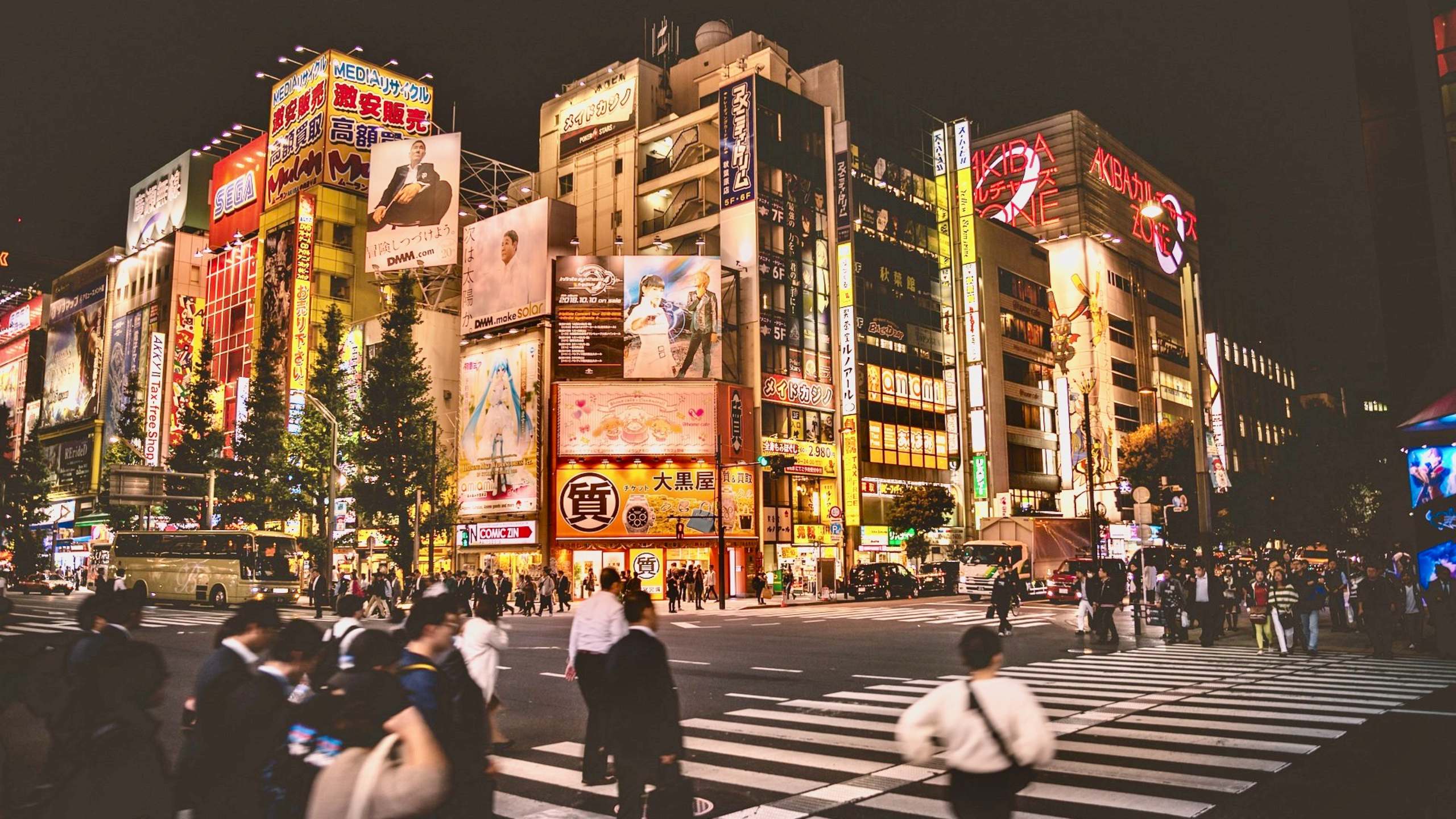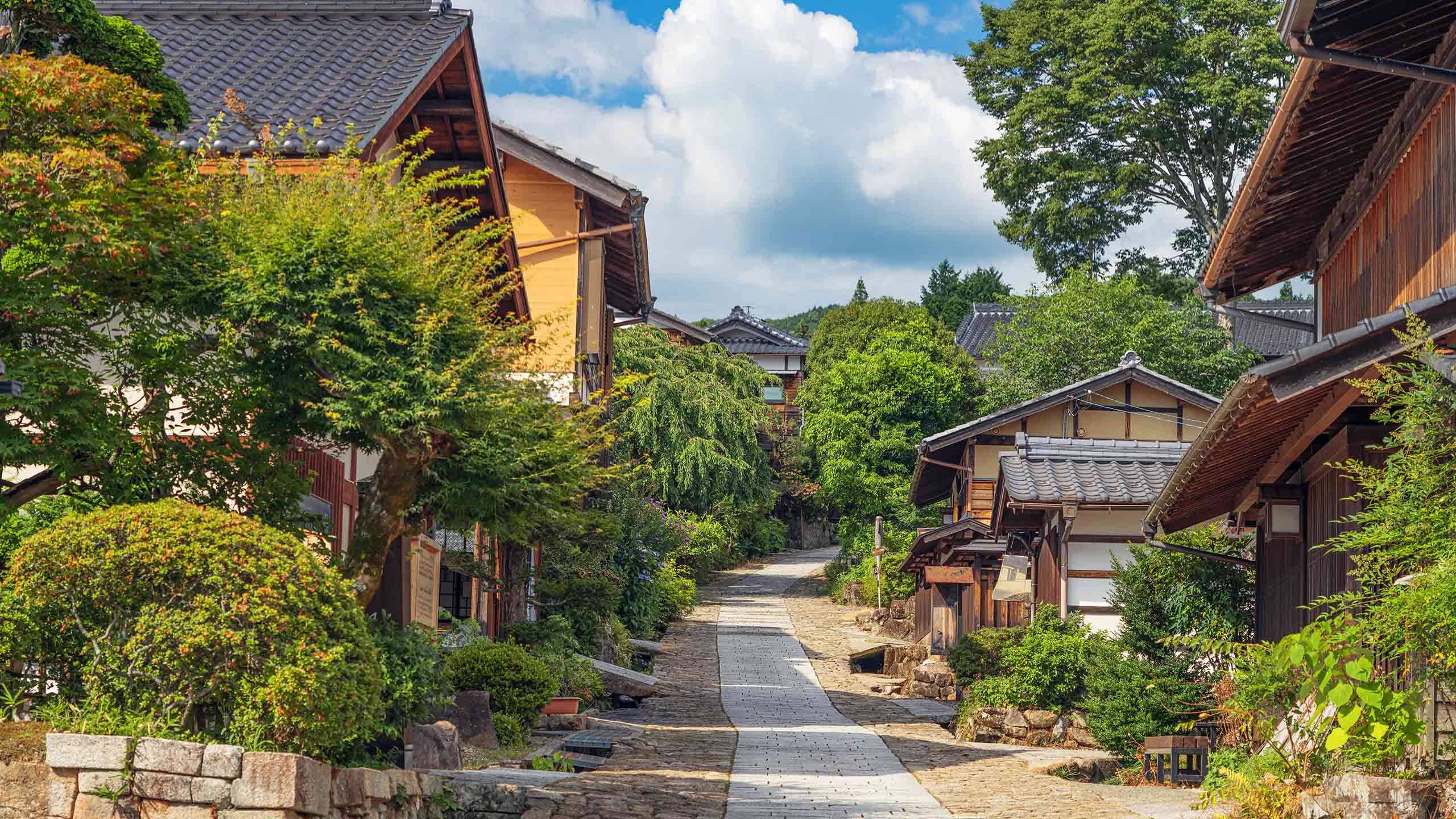Japan is a destination that everyone should visit at least once in their lifetime! An exciting country where culture and traditions lie strong, here are 12 travel tips to know before visiting Japan to avoid some travel mistakes and to make the most of your trip as well as an enjoyable one.
Planning a trip to Japan can get overwhelming, especially if it is your first time. With so many things to do and places to see, read more of our guides to Top Places to Visit in Japan, Best Things To Do in Japan and Best Luxury Accommodations in Japan that will help you make your trip an unforgettable one!
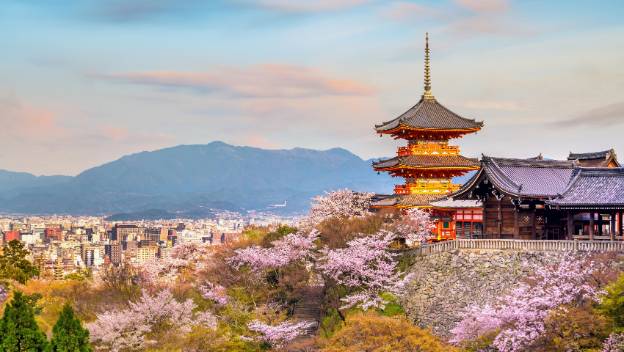
1. Withdraw Cash (Yen)
Even though Japan is incredibly modern, it is still a primarily cash-only country. Carry yen with you at all times to cover things from meals, shopping, transportation and entry fees into tourist attractions. It is wise to exchange money beforehand. Not all ATMs in Japan accept international debit or credit cards. The best places to withdraw cash is at Seven Eleven convenience stores or Citibank and Shinsei Bank ATMs. It is wise to know that withdrawals have a general limit of 100,000 yen per day for safety reasons.
2. Purchase a JR Pass or Suica Cards
A Suica card is convenient and helpful when using the bus and local trains. It can be easily purchased and topped up at any main or metro station at machines. This card can be topped up with money and automically takes the fare when tapping in and out of transport stations. It simply saves time and hassle buying single metro tickets for every little trip.
If you plan to travel to more than one city in Japan, then a JR Pass may be worth purchasing. It allows you to freely travel on any JR Line for 7,14 or 21 days. This can be a potential money saver for you but it may not be for everybody. It is expensive and may not be right for your itinerary. But if you are planning to visit Tokyo, Kyoto and other nearby cities on JR Lines, it is worth looking into. You will need to purchase your JR Rail Pass before arriving into Japan and activate it upon arrival at a JR Office at airports and major train stations. For more information on whether a JR Pass is right for your trip check out JR Rail Pass.
3. Carry A Plastic Bag For Trash
Japan is an incredibly clean country and although their streets are spotless, there are barely any bins. Locals keep their trash with them and dispose of it once they reach home. Make sure to have a plastic bag in your travel bag when out then throw away once your back in your hotel.
4. Wear Clean Socks or Slip-on Shoes
It's always a good idea to carry an extra pair of clean and nice socks in your bag while exploring. In many temples and places like restaurant, traditional hotel or someone’s home with tatami mats, it is custom to remove your shoes. Wearing slip on shoes is also ideal to make it easier.
5. Order an eSIM
Airalo offers international eSIMs that let you access data wherever you go. We tested it, and it’s one of the best options for Japan travel. With an Airalo eSIM, you can also share your connection with other devices through a mobile hotspot, ensuring all your technology remains seamlessly integrated throughout your journey.
Onlyluxe Travel is offering a 10% discount on Airalo eSIMs. To get the discount, order through this link, and the discount will be applied at checkout. Stay connected easily and save on your Japan adventure!
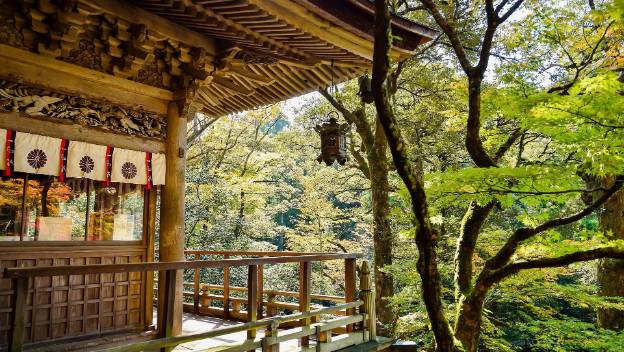
6. Toilets in Japan
When experiencing toilets with no English signs or colours to tell apart for male and female, the icon with a rice field for a head is for males, and the icon with legs crossed are for females. You may also stumble across squat toilets that are ‘Japanese style’ with a hole in the ground. In saying that, Japan has the most high-tech toilets you’ll come across. The number of buttons is likely to baffle you especially if you are traveling to Japan for the first time. With washlets like seat warmers, bidets, a little blow dryer for post-bidet-use to flushing noises for privacy.
7. Business Card Etiquette
‘Meishi’ the exchange of business cards is an important role of Japanese business etiquette. Ensure you carry your business cards if you plan to do business and meet potential business partners. Here are some tips for a smooth encounter to your relationship with Japanese professionals. Do the exchange standing up, a sign of more respect. Present your card using both hands with the text facing your contact while introducing yourself with a slight bow. Introduce yourself and exchange cards with each person one by one if meeting with a group of people. When receiving one’s card in return, take the corners nearest to you with both hands. It is important to take time to read the card before moving onto the next person or putting it away. Place the card neatly into your business card case or wallet, not in your pocket, or if you are seated at a table, have each card displayed face up in front of you.
8. Convenient Stores 'Cobini'
‘Conbini’ are convenient stores that are found everywhere, in almost every corner of main cities in Japan to even at least one in small country towns. You will find them in the forms of Seven Eleven or Family Mart where they are stocked with snacks, drinks, basic toiletries to even hot food. Here, you’ll also find an ATM, copy machine, WIFI and ticket booking machine for events, concerts and museums.
9. Chopsticks Etiquette
There are gestures that remind the Japanese of funeral ceremonies and so the following should never be done. Sticking your chopsticks upright into your bowl, crossing your chopsticks on the table and passing food from your chopsticks to someone else. To avoid these, use the chopsticks rest to lay them down parallel to each other when you are not using them and ask for your companion’s plate to serve them. For table etiquette, avoid eating from shared dishes with your personal chopsticks. Use the set of communal serving chopsticks to handle food onto your own plate. If none is available, use your chopsticks by turning them around using the end that has not been in your mouth. Do not hover over shared dishes with your chopsticks while deciding what to eat or when in conversation.
10. Enjoy Your Noodles & Slurp
While in most English speaking countries it is considered rude to slurp your noodles, in Japan, it is quite the opposite! It is perfectly fine to slurp to fully appreciate as well as show your appreciation for your food. In fact, if you don’t slurp the chef will think you’re not enjoying your food. So slurp that ramen and make as much noise to your heart’s content!
11. Onsen Etiquette
Soaking in an onsen or hot spring is one of the top things to do in Japan. Here are some important things to know for onsen etiquette so you don’t break any rules or offend locals. When entering the onsen, there will be a change room with lockers for you to undress. No swimmers or bikinis can be worn as they are considered unclean, and you only take a small towel with you in the bathing area. You will need to rinse off before entering the water at the shower/bathing area. Sit on the stool and clean yourself from head to toe making sure all soap and shampoo are rinsed off. You are now ready to enter the water for your onsen experience. If your hair is long, ensure it is tied up to avoid touching the water. It is important to keep in mind that most onsens do not allow those with tattoos to use the baths. If your tattoos are small, cover them with a waterproof bandage or you can rent out a private bath or a ryokan with in-room baths.
12. No Tipping
Although we may mean well by leaving a tip as this is expected in many countries, tipping is considered rude and bad etiquette in Japan as the expectation for high standard of service is already there. ‘Omotenashi’ refers to the high level of courtesy and politeness that is deeply ingrained into customer service in Japanese culture. Tipping can imply we are paying staff for providing good service when it is expected as standard not done for monetary reward. If you leave money on the table at a restaurant, your server will come chasing after you to return it. Don’t insist, as this can make people feel awkward and uncomfortable.
